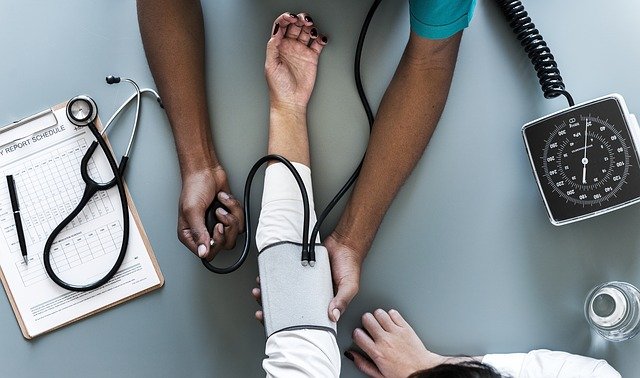
In a new study, researchers from Kaiser Permanente found that intensive blood pressure control can bring serious health risks.
If patients taking prescribed medications experience unusually low blood pressures, such as systolic blood pressure under 110mmHg, they have a double risk for experiencing a fall or faint.
Recently, the American Heart Association and the American College of Cardiology lowered its definition of high blood pressure from a systolic blood pressure of at least 140 to a systolic of at least 130.
To determine the effects of blood pressure reduction among hypertension on patients, in the study the team examined the electronic health records of more than 475,000 patients.
All patients were from Southern California and prescribed medication to treat high blood pressure.
The team found patients who had an average systolic blood pressure lower than 110mmHg over the one-year study period had a 50% greater risk of serious falls and fainting than those who had an average systolic blood pressure higher than 110mmHg.
The serious falls and fainting often resulted in emergency department visits or inpatient encounters.
The team suggests that doctors considering lower blood pressure targets for their patients should weigh the risks and benefits of aggressive blood pressure lowering on an individual basis, especially in older patients.
Older patients are more likely to have acute reductions in blood pressure, such as orthostatic hypotension.
This is a condition in which a patient’s blood pressure drops substantially when they stand or get upright, and have slower reflexes to compensate and normalize their blood pressure.
They also are more susceptible to side effects of low blood pressure.
The study’s lead author John J. Sim, MD is a nephrologist with the Kaiser Permanente Los Angeles Medical Center.
The published today in the American Journal of Preventive Medicine.
Copyright © 2018 Knowridge Science Report. All rights reserved.
Source: American Journal of Preventive Medicine.



